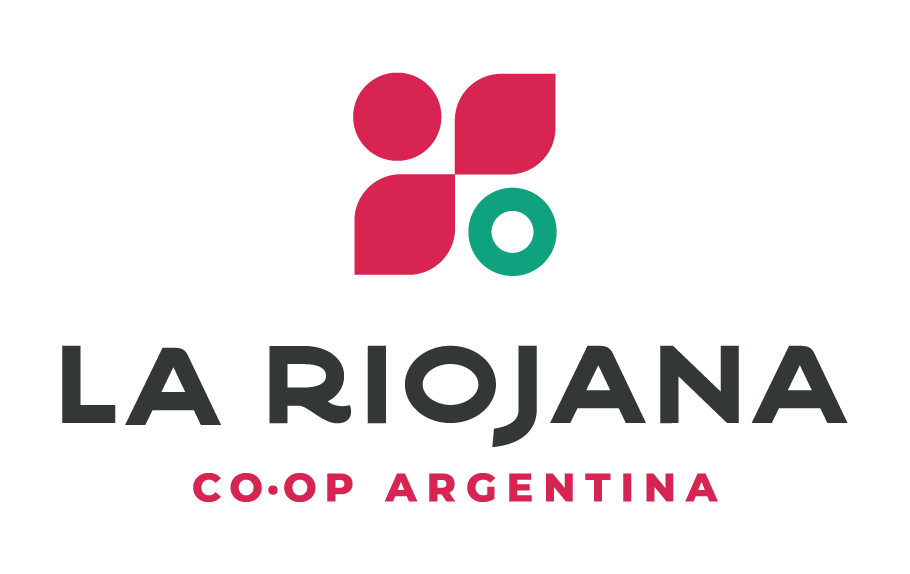How is the Fairtrade movement organised?
/The Fairtrade movement is organised through one central Fairtrade International body, based in Bonn, Germany, that then sets the strategy and co-ordinates the work and activities of 32 separate Fairtrade organisations, like the Fairtrade Foundation in the UK.
But crucially 50% of the Fairtrade movement is owned by the producers themselves and they are represented on the board of directors of the Fairtrade International.
To be able to carry the FAIRTRADE Mark the product and its production process must comply with strict international standards.
These are governed by a separate independent certification body, FLO-CERT, which has two key functions:
- to ensure the relevant social and environmental Fairtrade standards for the raw materials and products that carry the Fairtrade Mark are being complied with
- and that producers receive the Fairtrade minimum and premium price for their products.
Independent FLO-CERT auditors, familiar with the local cultures, languages, legal systems and working practices will work in the participating countries to ensure the standards are being followed.
There are now 32 countries around the world, each with their own separate Fairtrade organisation, looking to support and promote Fairtrade goods and services.
Fairtrade Producer networks have been set up in Latin America, Africa and Middle East and Asia and the Pacific.
The Fairtrade global network now covers over 1.5 million farmers and their workers in 74 countries.
The UK is one of the largest supporters of Fairtrade and in 2014 saw overall Fairtrade sales of £1.67 billion, raising £25m in Fairtrade Premium to be invested in Fairtrade projects around the world.







